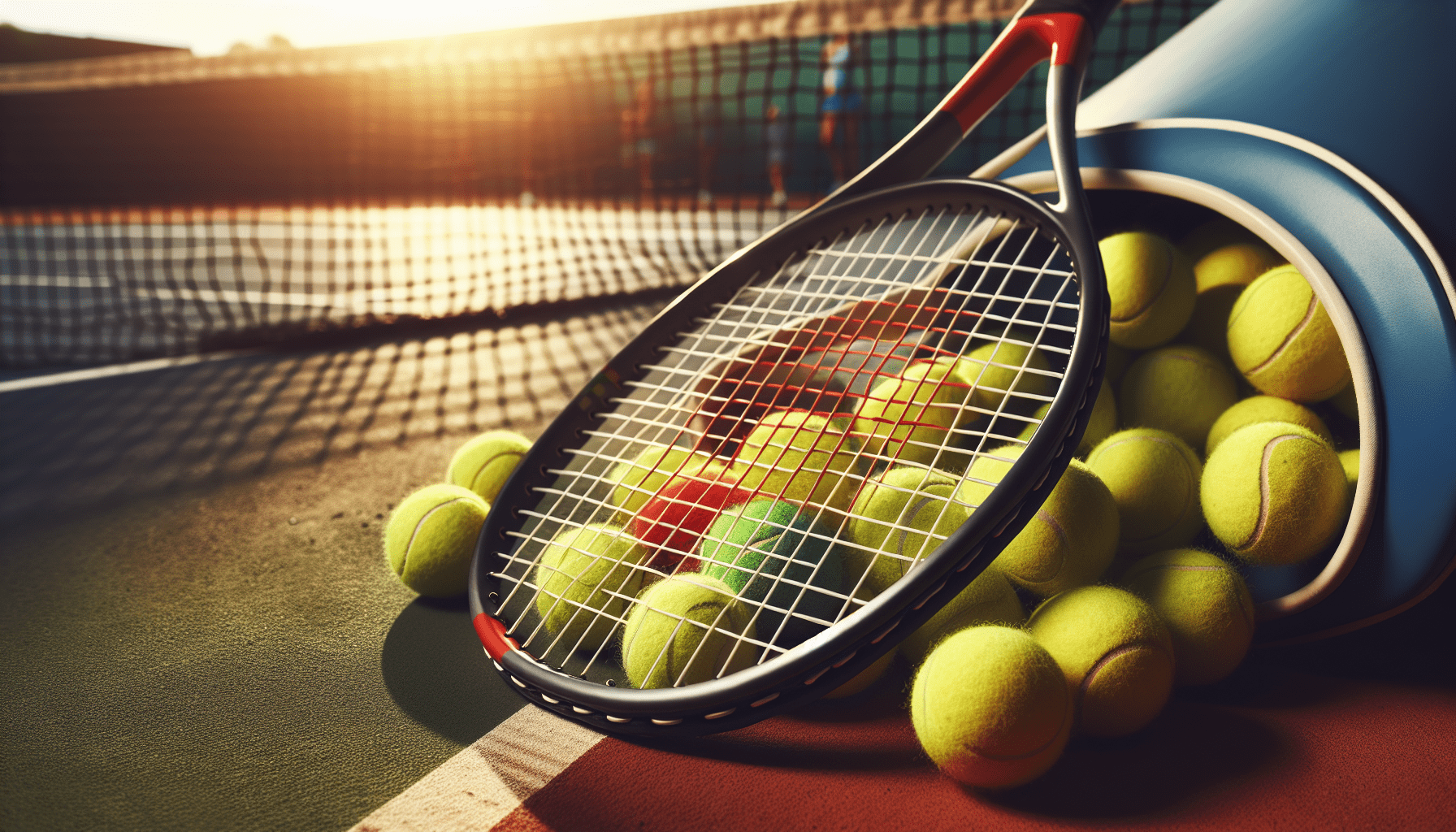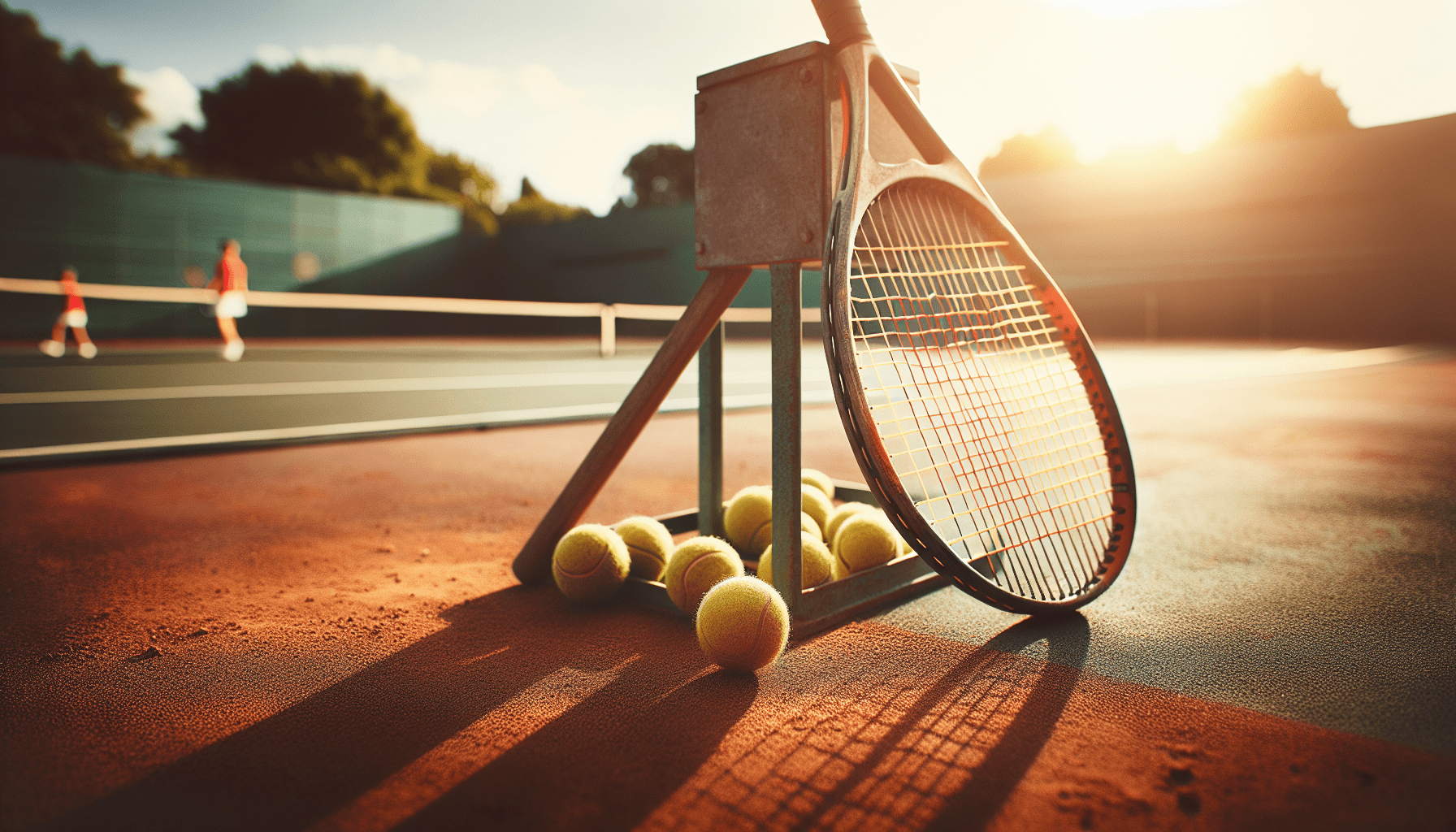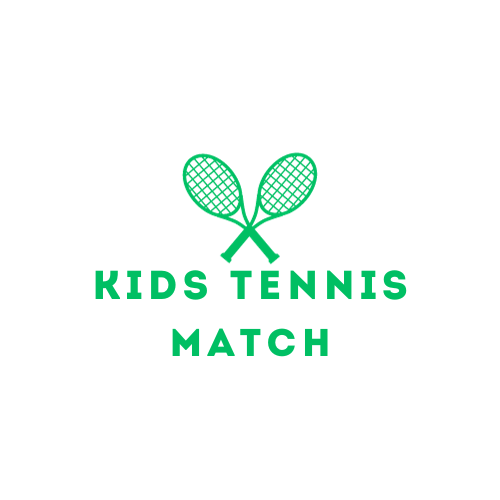Welcome to a guide on determining the optimal training hours for junior tennis players. Finding the right balance between practice and rest is crucial for young athletes to avoid burnout and reach their full potential on the court. By understanding the factors that influence training requirements, you can tailor a schedule that promotes skill development and overall well-being. Let’s explore the recommended hours for junior tennis players to train each week and how you can create a successful training plan. How Many Hours A Week Should A Junior Tennis Player Train?
How many hours a week should a junior tennis player train? This is a common question among parents, coaches, and young athletes who are looking to excel in the sport of tennis. Finding the right balance of training time is crucial to help junior players reach their full potential while also preventing burnout and injuries. In this article, we will delve into the optimal number of hours a week a junior tennis player should train based on age, skill level, goals, and other important factors.

Factors to Consider
When determining how many hours a week a junior tennis player should train, it’s essential to take into account several factors that can influence the training regimen. These factors include age, skill level, goals, physical condition, mental readiness, competition schedule, and support system. Let’s break down each of these factors to better understand their impact on training hours.
Age
The age of a junior tennis player plays a significant role in determining the appropriate number of training hours per week. Younger players, such as those in the 6-10 age group, require less intense and shorter training sessions due to their developing bodies and attention spans. As players get older, they can gradually increase their training hours to build stamina, strength, and skill.
Skill Level
The skill level of a junior tennis player is another crucial factor in determining training hours. Beginners may start with fewer hours per week to focus on fundamental techniques and footwork, while intermediate and advanced players may need more hours to refine their strokes, strategies, and fitness levels. Tailoring the training program to match the player’s skill level is essential for optimal growth and improvement.
Goals
The goals of a junior tennis player also play a key role in setting the right training hours per week. Players who aspire to compete in tournaments at the regional, national, or international level may need to invest more hours in training to stay competitive. On the other hand, players who play tennis for fun, fitness, or social reasons may have a more relaxed training schedule. Aligning the training hours with the player’s goals ensures that they are motivated and focused on their desired outcomes.
Physical Condition
The physical condition of a junior tennis player is critical in determining the appropriate number of training hours per week. Players who are injury-prone, recovering from injuries, or experiencing fatigue may need to reduce their training hours to avoid overworking their bodies. It’s essential to monitor the player’s physical condition regularly and adjust the training schedule accordingly to prevent burnout and injuries.
Mental Readiness
The mental readiness of a junior tennis player is often overlooked but equally important in setting the right training hours per week. Players who are mentally prepared, disciplined, focused, and motivated may be able to handle more training hours effectively. On the other hand, players who struggle with concentration, confidence, or stress may need to scale back their training hours to avoid mental exhaustion. Creating a supportive and positive training environment can help enhance the player’s mental readiness and performance.
Competition Schedule
The competition schedule of a junior tennis player can also impact the number of training hours per week. Players who have frequent tournaments or matches may need to adjust their training hours to allow for proper rest, recovery, and preparation. It’s essential to balance training with competition to ensure that the player remains fresh, motivated, and competitive throughout the season.
Support System
The support system of a junior tennis player, including coaches, parents, teammates, and trainers, can significantly influence the training hours per week. A strong support system provides guidance, encouragement, resources, and accountability to help the player stay on track with their training regimen. Communicating effectively with the support system and involving them in the training process can lead to better outcomes and a more enjoyable training experience.
Training Guidelines
Now that we have discussed the factors to consider when determining how many hours a week a junior tennis player should train, let’s explore some general training guidelines based on age and skill level. These guidelines serve as a starting point for developing a personalized training program that aligns with the player’s needs and goals.
Beginners (Ages 6-10)
For beginner junior tennis players in the 6-10 age group, it is recommended to start with 1-3 hours of training per week. These training sessions should focus on building basic tennis skills, footwork, hand-eye coordination, and overall enjoyment of the game. Shorter and more frequent training sessions are preferable to keep younger players engaged and motivated.
Intermediate (Ages 11-14)
For intermediate junior tennis players in the 11-14 age group, it is recommended to increase training hours to 4-8 hours per week. These players should focus on enhancing their technical skills, tactical understanding, physical fitness, mental toughness, and preparation for competitive play. Training sessions can be divided into skill-specific drills, match play, fitness training, and mental conditioning.
Advanced (Ages 15-18)
For advanced junior tennis players in the 15-18 age group, it is recommended to train 8-15 hours per week or more, depending on their goals and competition schedule. These players should prioritize high-intensity training, match simulations, strength and conditioning, injury prevention, recovery strategies, and mental preparation. Individualized coaching, goal setting, video analysis, and tournament planning can help advanced players maximize their potential and performance.
Elite (Ages 18+)
For elite junior tennis players who are 18 years or older and transitioning to the professional level, training hours can range from 15-30 hours per week or more. These players require a comprehensive training program that covers all aspects of their game, including technical, tactical, physical, mental, emotional, and strategic development. Working with top coaches, trainers, physiotherapists, nutritionists, and sports psychologists is essential for elite players to compete at the highest level.
Balancing Training and Rest
Regardless of age or skill level, it’s crucial for junior tennis players to balance training with proper rest and recovery. Overtraining can lead to physical injuries, mental burnout, performance decline, and loss of motivation. Incorporating rest days, active recovery, cross-training, stretching, massage, and other recovery modalities into the training program can help prevent injuries, improve performance, and promote long-term success.
Monitoring Progress and Adapting
Monitoring the progress of a junior tennis player and adapting the training program accordingly is essential for continuous improvement and growth. Keep track of the player’s physical fitness, technical skills, mental toughness, match results, tournament performances, strengths, weaknesses, and areas for development. Regular evaluations, goal setting, feedback sessions, and adjustments to the training plan can help junior players stay on course and reach their full potential.

Conclusion
In conclusion, the optimal number of hours a week a junior tennis player should train varies depending on several factors, including age, skill level, goals, physical condition, mental readiness, competition schedule, and support system. By considering these factors and following the training guidelines outlined in this article, junior players can develop their skills, stay healthy, improve performance, and achieve their tennis goals. Remember to focus on quality over quantity, prioritize rest and recovery, monitor progress, adapt the training program, and enjoy the journey of becoming the best tennis player you can be. []
Ultimately, finding the right balance of training hours is essential for long-term success in tennis and overall well-being. So, how many hours a week will you dedicate to training on the tennis court? The choice is yours, and the possibilities are endless. Good luck on your tennis journey!
